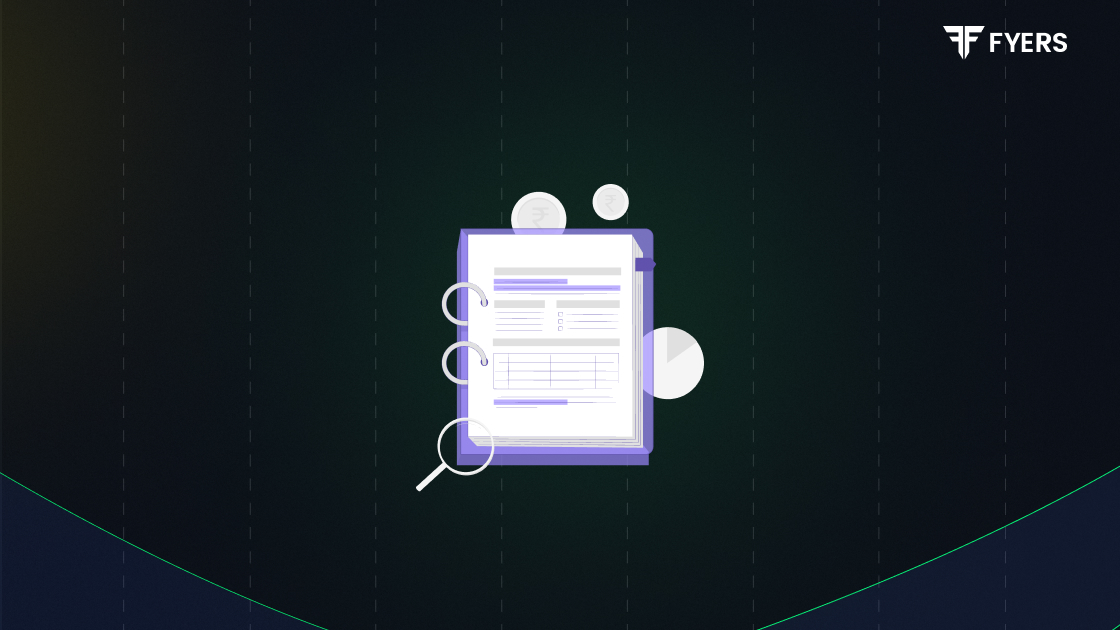

 10 Dec, 2024
10 Dec, 2024
 3 mins read
3 mins read

The world of mutual funds and financial services is complex, with countless transactions and records that need meticulous attention. Enter Registrar and Transfer Agents (RTAs)—the unseen but crucial intermediaries in the financial ecosystem. These entities are the backbone of smooth financial operations, ensuring investors and companies can focus on their goals without worrying about the nitty-gritty.
This blog dives into the intricate workings of RTAs, their roles, and the services they offer, especially in the mutual fund space.
Registrar and Transfer Agents are specialized organizations registered with the Securities and Exchange Board of India (SEBI). They manage and maintain records of investors, process their transactions, and ensure compliance with regulatory norms. In essence, they bridge the gap between financial institutions (like mutual fund companies) and investors, ensuring a seamless and transparent investment experience.
Data Management: Maintaining accurate and up-to-date records of investors' holdings, transactions, and personal details.
Transaction Facilitation: Processing investments, redemptions, transfers, and ownership changes in mutual funds and other securities.
Regulatory Compliance: Ensuring adherence to SEBI guidelines and preparing necessary reports for financial institutions.
Investor Services: Acting as a one-stop contact for investors to update personal information, resolve grievances, and access account details.
Support for AMCs (Asset Management Companies): Handling administrative and operational tasks, enabling fund houses to focus on investment strategies.
For investors, RTAs are essential for managing their mutual fund portfolios with ease. They provide consolidated information, resolve issues promptly, and act as the primary liaison with fund houses.
For mutual fund companies, RTAs alleviate the burden of operational complexities, ensuring transactions and records are handled with precision. This partnership promotes efficiency and transparency in the financial market.
RTAs offer a plethora of services to make the investment journey smooth:
Transaction Processing: From SIPs (Systematic Investment Plans) to one-time investments and redemptions, RTAs handle it all.
Statement Generation: Investors receive consolidated account statements (CAS) and portfolio updates, aiding in performance tracking.
Administrative Requests: Updating bank mandates, nominee details, and contact information is streamlined.
Grievance Resolution: RTAs address investor queries and complaints, ensuring prompt solutions.
RTAs collaborate with AMCs to optimize operations and ensure compliance:
Record Management: Maintaining investor data and transaction history.
Compliance Reporting: Filing regulatory documents and ensuring adherence to SEBI guidelines.
Cost Efficiency: With a nationwide network, RTAs help AMCs reduce operational costs by handling customer interactions and services centrally.
RTAs cater to the unique needs of AIF and PMS investors:
Onboarding Support: Ensuring smooth investor registration and documentation.
Transaction Processing: Handling complex investment structures and transactions.
Pre-launch Services: Assisting in fund setup and documentation before market entry.
KYC Verification: Streamlining regulatory compliance for high-net-worth and institutional investors.
RTAs are pivotal in the mutual fund ecosystem, balancing responsibilities between investors and fund houses. They:
Maintain accurate records of ownership, transactions, and changes.
Process financial transactions like redemptions, switches, and SIPs seamlessly.
Ensure compliance with regulatory frameworks, protecting investors’ interests.
Facilitate efficient communication between AMCs and investors.
1. Consolidated Account Statements (CAS)
RTAs generate CAS for investors, consolidating all mutual fund transactions across different AMCs in a single document. This simplifies portfolio tracking.
2. Seamless Fund Transfers
An investor switching from one mutual fund to another within the same AMC can do so effortlessly, thanks to RTAs’ record-keeping and processing.
Computer Age Management Services (CAMS):
Serves major AMCs like SBI, HDFC, and ICICI Prudential.
Offers cutting-edge technology solutions for investors.
KFin Technologies:
Supports a diverse range of AMCs.
Extensive network and services across India.
Registrar and Transfer Agents are the linchpins of the financial services industry, ensuring efficiency, transparency, and reliability. For investors, they simplify the complexities of mutual fund management. For fund houses, they handle essential administrative and compliance responsibilities.
Whether you’re a new investor or a seasoned one, understanding the role of RTAs can empower you to make informed decisions and manage your portfolio effectively.
Calculate your Net P&L after deducting all the charges like Tax, Brokerage, etc.
Find your required margin.
Calculate the average price you paid for a stock and determine your total cost.
Estimate your investment growth. Calculate potential returns on one-time investments.
Forecast your investment returns. Understand potential growth with regular contributions.